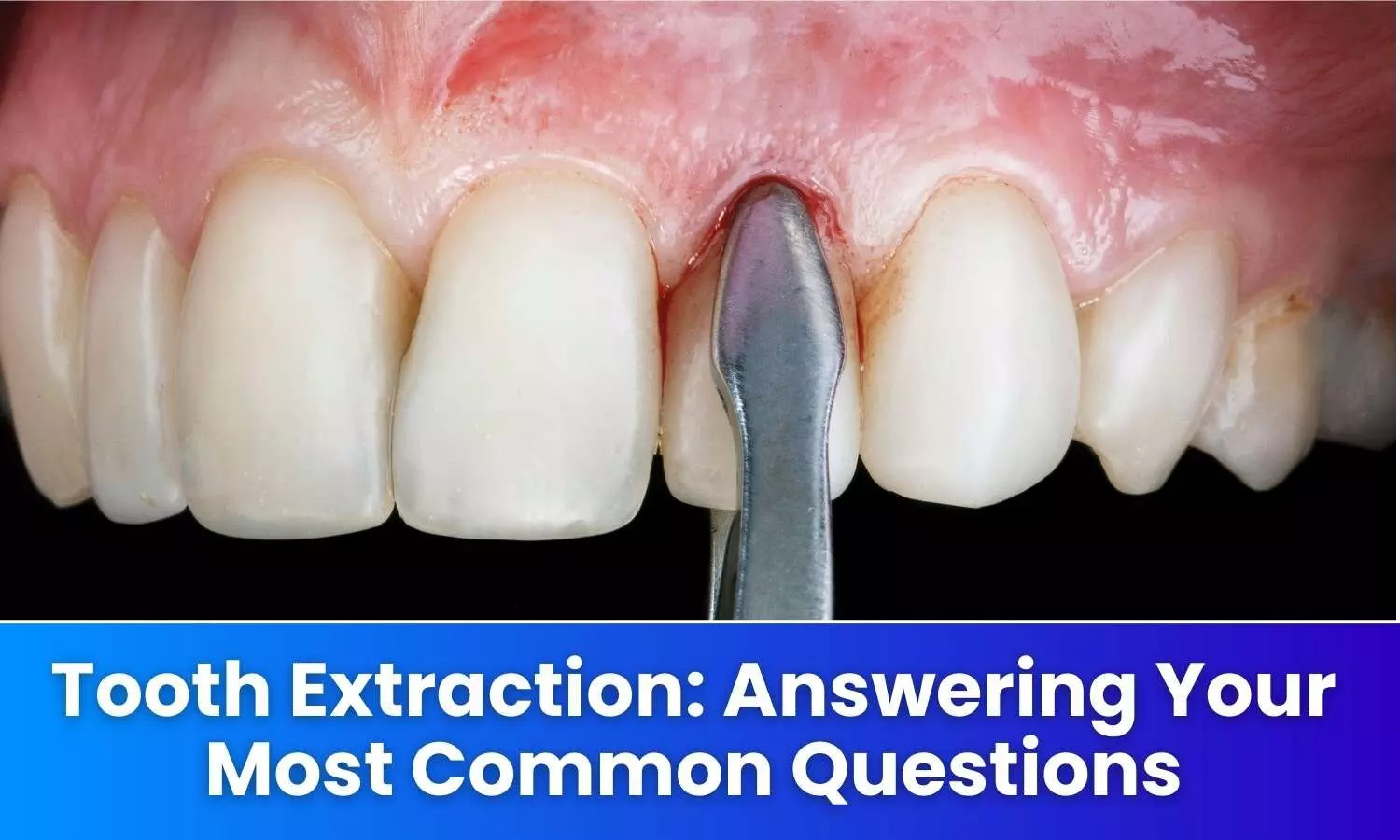Tooth Extraction: Answering Your Most Common Questions

As a dentist, I know that the thought of having a tooth extracted can raise a lot of concerns and questions. Many patients feel anxious thinking about what the procedure involves, how much it might hurt, and even myths they’ve heard about its effects on eyesight or the brain.
Here are some commonly asked questions:
Does the Dental Extraction Procedure Hurt?
The idea of having a tooth removed can be intimidating. The good news is that modern dentistry has come a long way, and dental extractions are far more comfortable than they used to be.
During the procedure, dentists use local anesthesia to numb the area around the tooth, so you won’t feel any pain—just some pressure or pulling. If you’re particularly anxious, you can also discuss options for sedation, which helps you relax during the extraction. There can be some soreness following the treatment, but this can be treated with ice packs and painkillers. Rest assured, most patients recover comfortably within a few days.
Will a Tooth Extraction Affect My Eyesight or Brain?
This one is amongst the most common myths related to dental extractions. Let me assure you: dental extractions do not affect your eyesight or brain. There is no connection between the nerves in your mouth and those in your eyes or brain that would cause complications from a dental procedure. Your vision and brain function are perfectly safe, so if this has been a worry, you can put your mind at ease.
When Does One Need a Dental Extraction?
Even though it's always preferable to have your natural teeth, there are a few circumstances in which a tooth extraction is necessary:
- Severe tooth decay: When a cavity has damaged a tooth beyond repair, it may need to be removed to prevent the spread of infection.
- Disease of the gums: In advanced stages of periodontal disease, teeth can become loose, and extraction might be the best option to maintain oral health.
- Crowded mouth: Sometimes, extractions are necessary before orthodontic treatment to make space for other teeth to align properly.
- Impacted wisdom teeth: If wisdom teeth are growing at an angle or are causing pain, infection, or damage to neighboring teeth, extraction is often recommended.
- Broken or damaged tooth: If a tooth is fractured beyond repair, it may need to be extracted.
If you think you might need a dental extraction, it’s always a good idea to consult your dentist. We'll assess your specific situation and recommend the best course of action.
How Long Does It Take to Recover from a Dental Extraction?
Recovery time can vary from person to person, but generally, most patients feel back to normal within a few days to a week. Here are some things you can do to speed up your recovery:
- Follow post-extraction care instructions: Your dentist will give you guidelines to prevent complications like dry socket, which can occur if the blood clot at the extraction site is dislodged.
- Eat soft foods: To not irritate the extraction site, have a soft diet. One should have foods like yogurt, rice and lentils, mashed potatoes, oat meal and soups for the first few days.
- Avoid smoking and drinking through straws: These actions can cause suction, which may disturb the healing process.
- Rest and take it easy: Give yourself some time to recover fully.
Can I Go Back to Work After a Tooth Extraction?
For most simple extractions, you can return to work or normal activities the next day. However, if you’ve had a more complex procedure, such as a surgical extraction of impacted wisdom teeth, you might need a day or two to rest and recover. It’s always best to listen to your body and not overexert yourself too soon.
Avoid eating hard sticky or spicy foods that could disturb the healing area or cause discomfort.
What Happens If I Don’t Get a Tooth Pulled When It’s Recommended?
Ignoring a recommendation for tooth extraction can lead to several problems:
- Infection: A decayed or infected tooth can spread to other areas, including your gums and jawbone.
- Pain: A tooth that needs extraction will likely continue to cause discomfort, swelling or pain until it’s addressed.
- Damage to surrounding teeth: In cases of overcrowding or impacted teeth, delaying an extraction can lead to misalignment or damage to other teeth.
It’s important to follow your dentist’s advice to avoid complications and maintain your overall oral health.
Final Thoughts
If you’ve been told you need a tooth extraction or are worried about an upcoming procedure, I hope this answers some of the questions you might have. Remember, dental extractions are very common and, when necessary, are done to protect your overall oral health.
If you have any more questions or concerns, don’t hesitate to reach out to your dentist or schedule a consultation. A healthy smile is a happy smile!


